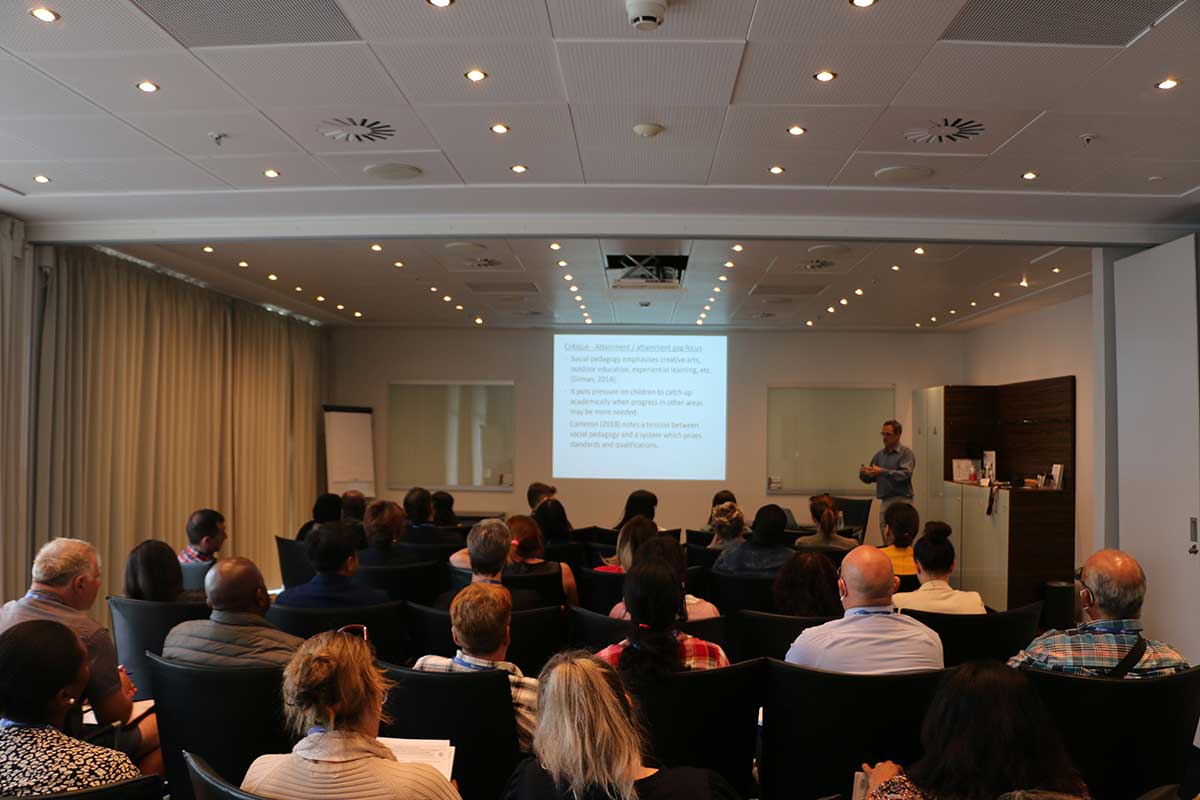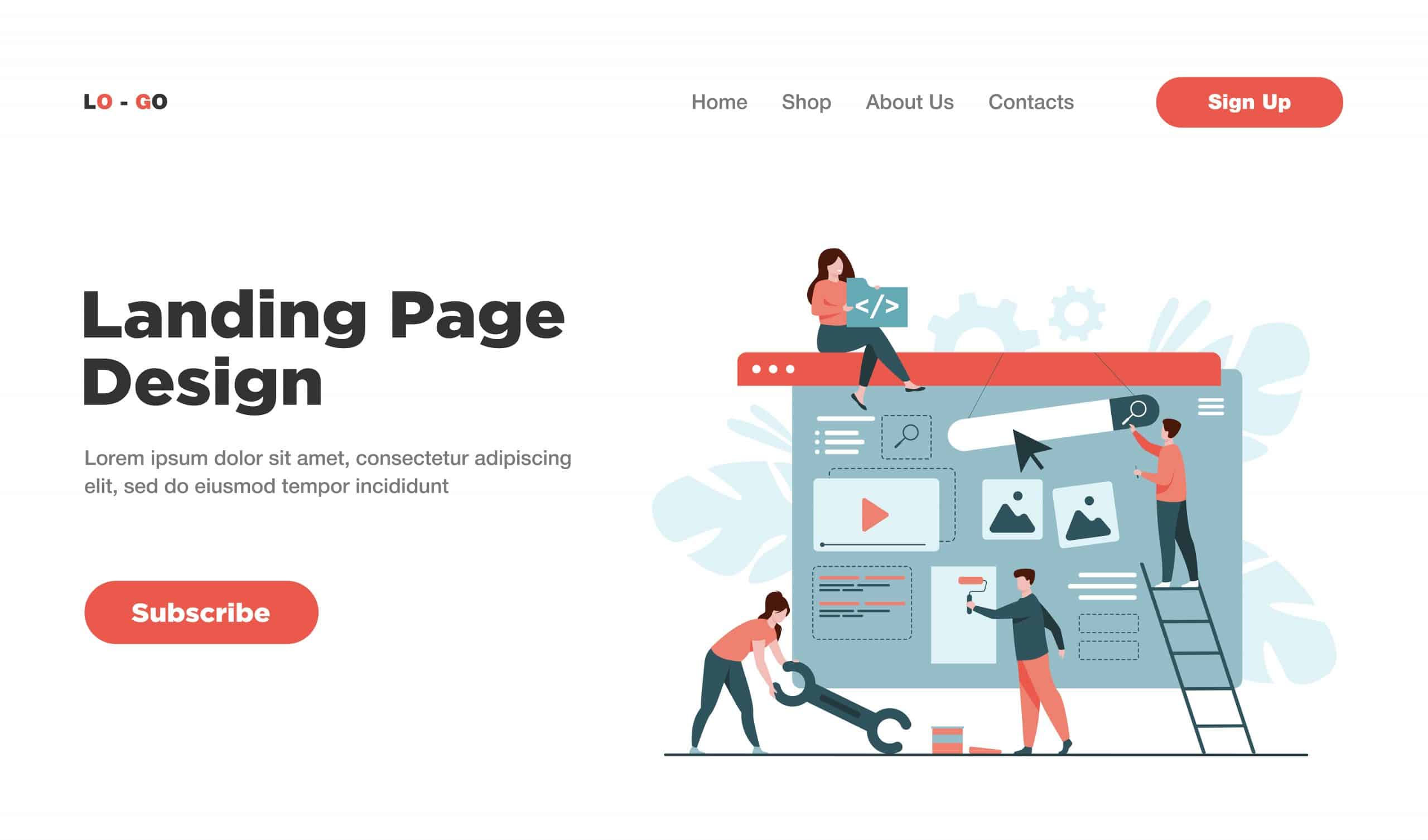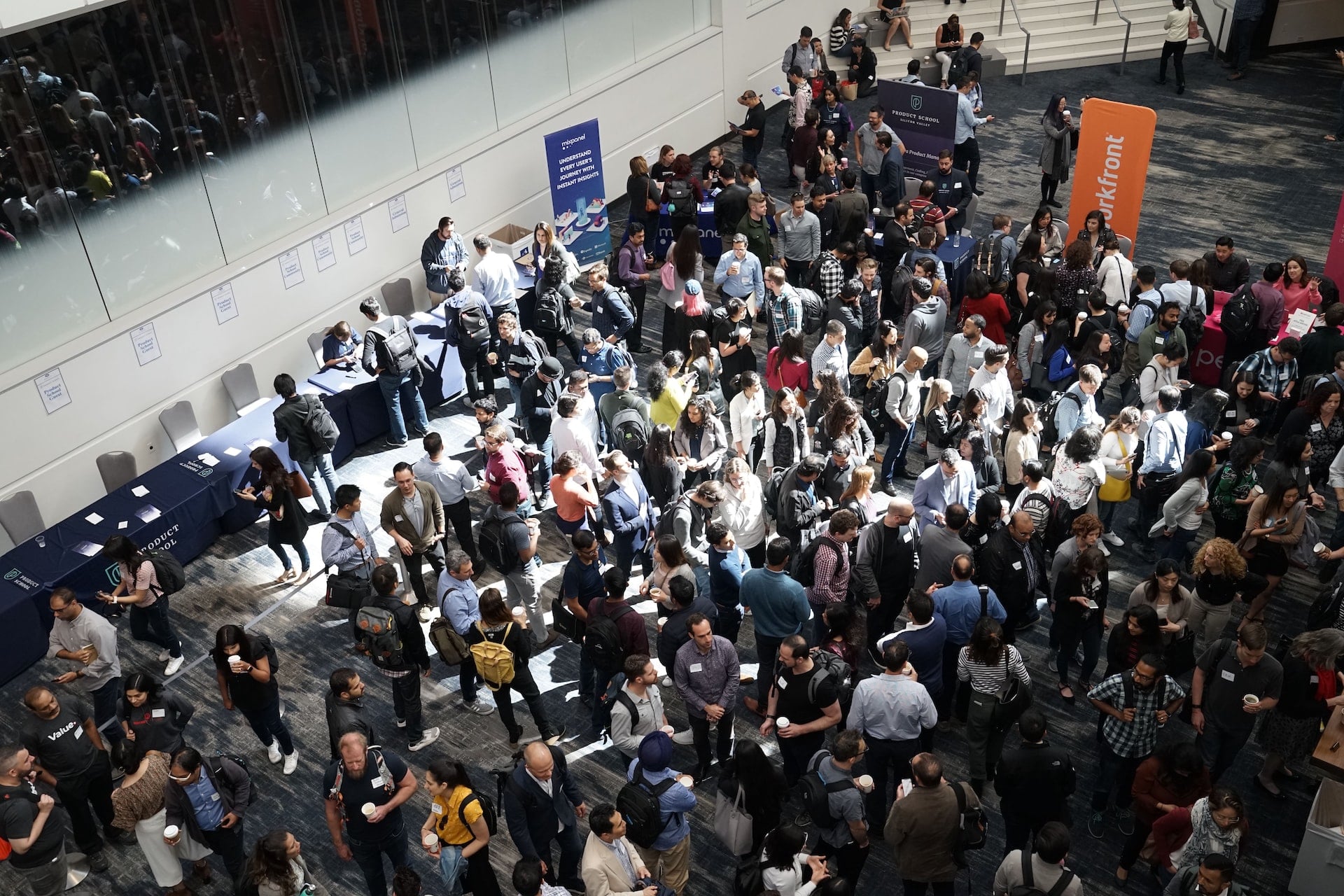As you sit in your office going through your emails, you see an invitation to attend or present at an academic conference. “I can’t. My schedule is already packed,” you may be thinking. However, before you delete that email from your inbox or decline the invitation, we urge you to think again. Yes, many of us have fast-paced lives and it is often difficult to find time for anything outside of our regularly scheduled commitments. Yet, when you think about it, you can’t really afford to exclude yourself from the network. Your professional and personal development in large depends on it. There are many good reasons to say “Yes” to the invitation to the right academic conference and below you will find just a few of them.
1 Get out of the bubble
Whenever you work long enough in a specific field, you risk ending up in a bubble, an echo-chamber, if you will. You interact with the same people, go about your day according to a routine, and focus on the same thing day in and day out. While this type of isolation can be productive and give you the concentration necessary to dive deep into your work, it also poses a threat of developing tunnel vision. Academic conferences are the perfect place to leave that bubble just for a few days and actively expose yourself to new perspectives, people, situations, and topics.
2 Share your knowledge with your peers
Whether you are a PhD student, a researcher, a professor, or any other member of the academia, you have committed yourself to the path of lifelong learning. However, aggregating knowledge for the sake of it is not serving any greater cause. It’s sharing that knowledge and passing on the lessons that you’ve learned that make your work more meaningful and rewarding.
3 Meet potential partners and collaborators
An international academic conference provides you with an ideal platform to meet fellow researchers from all the world and team up with them to conduct studies on a wider or deeper level. For example, you can expand the scope of your research geographically or add new subject perspectives to it that you either don’t have the capacity or the expertise to do on your own.
4 Get feedback on your research
If you want to put your theory to a test or make your research even deeper, you need to expose it to vigorous debate and review. A prestigious academic conference in your field allows you to do just that. Present your research – be it in the form of an oral or poster presentation – and hear what your peers have to say. Do they agree with your methodology and findings? Are there any weak spots that you may have not considered before?
If you wish to get some feedback about your research on teaching methods or learning tactics, an outstanding forum will be presenting your work at teaching and learning conferences .
5 Stay up to date on trends
Members of academia are not the only ones who need to stay up to date on relevant trends in their field. This also applies to representatives of government and non-profit organizations as well as for-profit businesses. Managers, business consultants, and other experts in this field can attend a management conference to be informed of the latest trends. An academic conference brings together a diverse group of people from various sectors. Only when you have a full range of opinions on where a particular field is going can you get a balanced picture of what the future holds.
6 Build bridges
How often do academics interact with business executives? How often do business executives interact with non-profit organizations and research centers? Attend an academic conference and make cross-sector and cross-industry connections.
7 Get published in academic journals
Leading academic conferences offer publication opportunities in various indexed international journals such as SCOPUS, ISI, COPERNICUS and others. As any member of the academia knows, being published in prestigious academic journals is a must to keep making professional progress.
8 Strengthen your curriculum vitae
Whether you are thinking of changing the institutions you are working for or not, keeping your CV relevant is always a good idea. Attending and presenting at academic conferences adds value to your resume as it shows your proactive approach towards learning and sharing your knowledge.
9 Hone your networking skills
Not everyone is naturally comfortable interacting with new people. Networking, however, is a valuable skill. It helps you keep your finger on the pulse of your industry and learn about new funding opportunities. Joining academic events on a regular basis will allow you to develop and enhance this vital skill.
In education conferences that shape the future of education at both undergraduate and postgraduate levels, you will be able to network with practitioners, teachers, experts, researchers, educators, policymakers and university professors who gather and work to transform and develop education.
10 Explore a new place
Last but not least – attending an academic conference is a great opportunity to combine business with pleasure. You gain knowledge, engage with your peers, and contribute to the development of your field. But you also get to travel to a new place and discover its unique attractions, architecture, culture, and cuisine. Whether you do it on your own or an event organizer offers a guided tour, we strongly recommend using your trip to not only enrich your academic knowledge but to expand your view of the world.
We hope these 10 reasons have convinced you to make time in your schedule for academic events. Check out which conferences in your field are taking place in the next 12 months and sign up to join at least one of them. Academic conferences are held in many disciplines: Academic Conferences in Social Sciences and Education, Academic Conferences in Economics and Management, Academic Conferences in Technology and Engineering, Academic Conferences in Architecture and many more, you just need to be brave and choose your field of science conference to attend.












0 Comments